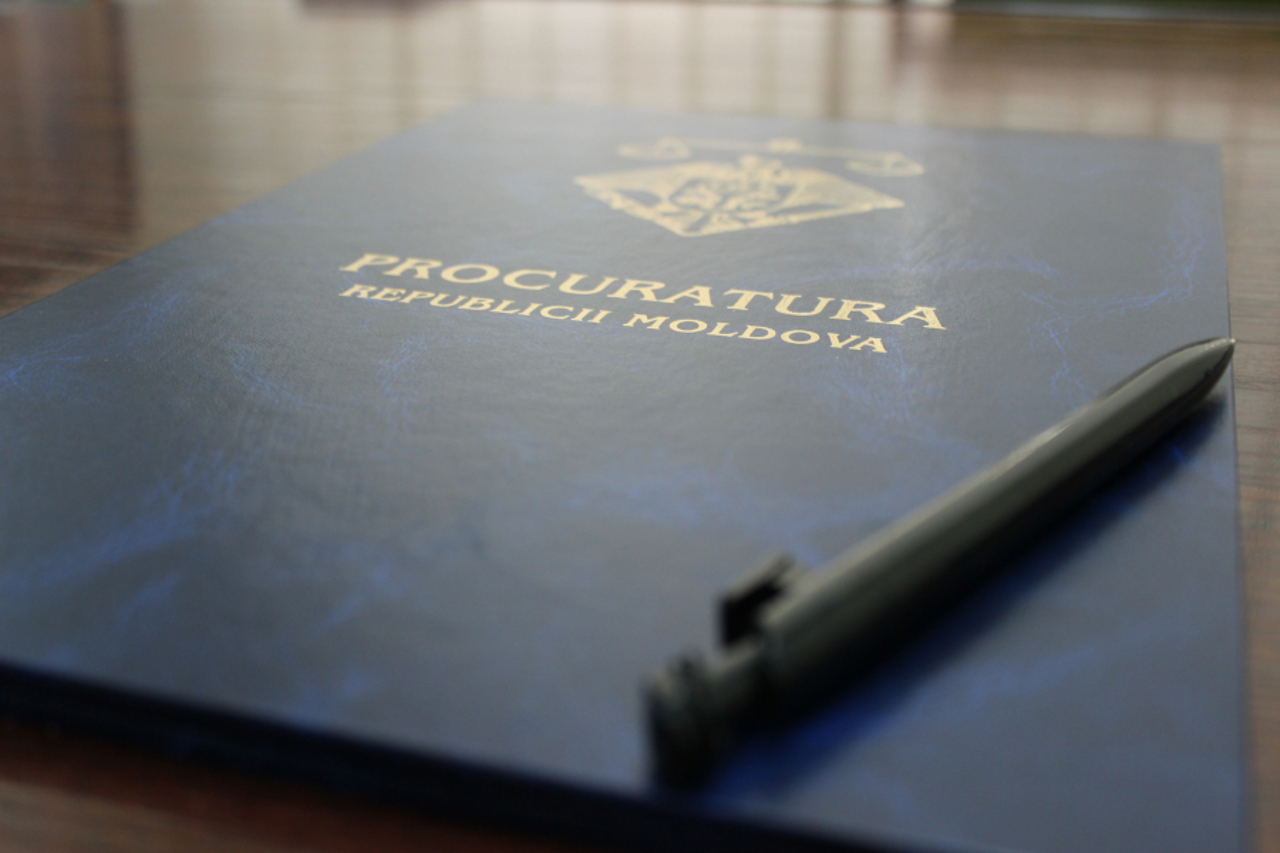Gagauzia's autonomy at risk after court ruling on prosecutor appointment

The Constitutional Court's decision to declare the involvement of the People's Assembly of Gagauzia (APG) in appointing the Chief Prosecutor of the autonomy unconstitutional has generated divergent reactions.
While experts have welcomed the ruling, it is met with reluctance by Gagauz political leaders, who accuse their exclusion from the discussions and warn of negative consequences for the region's autonomy. In response, legal experts argue that justice should not be subject to local political control and must adhere to uniform rules across the country.
"Justice must be unified. If certain territorial-administrative units had their own systems, the state would cease to exist as such," explained Andrei Nasu, a legal advisor at the Moldova Legal Resources Center (CRJM). He considers the involvement of the APG in the appointment of the Chief Prosecutor unconstitutional.
"Gagauzia's autonomy pertains to local areas such as culture, politics, and economics, but does not extend to the justice sector. Justice is a distinct domain and self-regulates," Nasu clarified. He also pointed out that, in 1999, the Constitutional Court rejected a similar mechanism regarding the appointment of judges in Gagauzia.
According to the expert, following recent judicial reforms, leadership contests for positions in the Prosecutor's Office will be conducted uniformly, including for the Prosecutor's Office of UTA Gagauzia, under the authority of the Superior Council of Prosecutors (CSP).
On the other hand, representatives of the People's Assembly assert that "the decision was a surprise, not only due to its content but also because it was made without notifying us or the Bashkan." "We were not asked for our opinion, and our request to participate as an interested party was rejected," said Gheorghe Leiciu, Vice President of the APG.
Leiciu further claims that the provisions declared unconstitutional had previously been agreed upon by the international community, including the Venice Commission and the OSCE. In his view, "their elimination weakens autonomy and is part of a political strategy aimed at creating the image of an enemy."
"These norms, which helped maintain balance in the region, should not be eliminated through a judicial decision. They were part of a compromise accepted at the international level," Leiciu added.
"Rather than going to court, the issue could have been resolved through consultation," said Alexandr Tarnavschi, Vice President of the Assembly and an opponent of the current leadership of the autonomy. He also warned that, with the loss of key powers, "Gagauzia's special status risks becoming hollow."
In response to the Constitutional Court's decision, the People's Assembly of Gagauzia announced that it would convene an extraordinary session on Tuesday, April 15.
It is important to note that today, April 14, the Judges of the Constitutional Court (CC) declared unconstitutional the legal provision allowing the People's Assembly of Gagauzia to propose a candidate for the position of Chief Prosecutor of the autonomy. This decision follows a referral made by the Attorney General, Ion Munteanu, at the end of January, who argued that the prerogative of the local legislative body contradicted the Constitution of the Republic of Moldova, which enshrines the unitary and indivisible nature of the state.
Translation by Iurie Tataru






